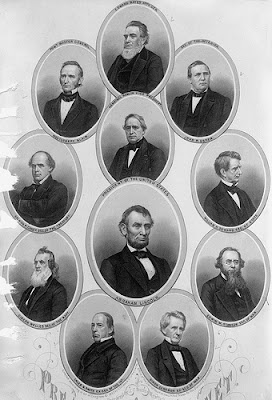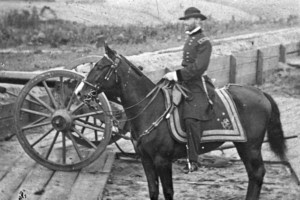Campaigns of the Civil War: A Photographic History by Walter Geer

A very solid but one-dimensional look at the Civil War Union General Lewis "Lew" Wallace (1827-1905) Originally published in 1926 Photographic History edition published in 2009 by Konecky and Konecky . Walter Geer's title for this book, Campaigns of the Civil War: a Photographic History , certainly describes it - this is a no-frills look at the battle action of the Civil War with little analysis of the political situation that led to the war or influenced the way it was prosecuted. There is no chapter about the daily life of the typical soldier. There is nothing about home front difficulties or even much about the navies of either side. So, if you are looking for an in-depth history of the war, this is not your book. But, if you are a serious student of the war, especially the land campaigns, this is a very solid history. The text is strong, but almost all of the original maps are too busy. They are clearly the style of map that was popular when the book wa...













